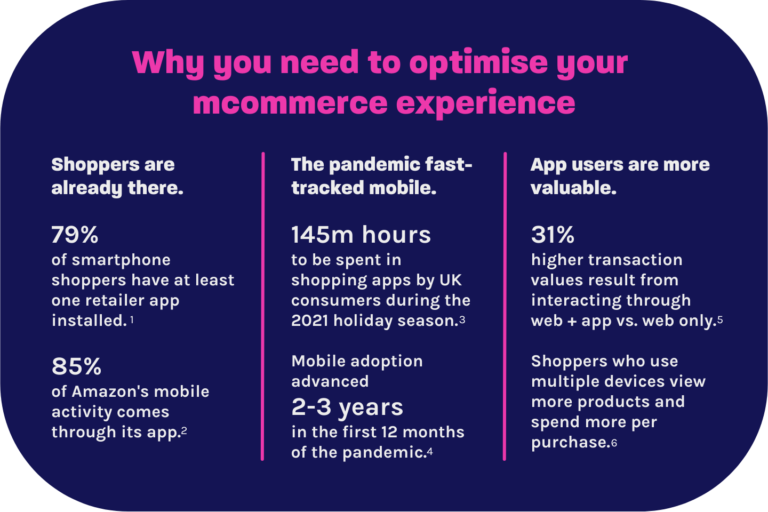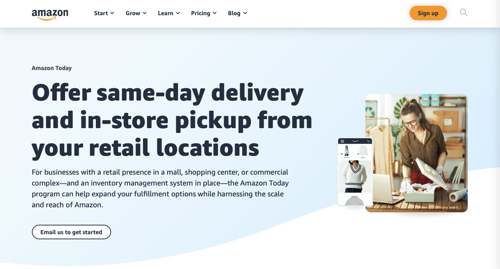Thor Olof Philogene is CEO and founder of Stravito, “a knowledge management solution that democratizes access to market research and insights”. I spoke to Thor to find out more about this tech, as well as discussing the UX of enterprise software, company culture, and what’s next for Stravito and the wider market research industry.

Tell us a bit about your role, and what a typical day looks like for you…
As Stravito’s CEO, I’m responsible for leading and overseeing all areas of the business ensuring we scale from mission to metrics. Whilst no day ever looks the same, I try to follow a routine that allows for both collaborative and independent work.
Typically, I’ll start the day working through communications, ensuring I’m on top of emails, Linkedin and Slack messages. I’ll then attend meetings – both in person and virtual – speaking with multiple stakeholders from across the business, including the Stravito leadership team, investors and board directors, customers, analysts, and journalists. It’s essential to block out time each day to focus on independent work too, dedicating time to concentrate on everything from strategic planning to recruitment to business evaluation.
We’re now focused on building out the team, working together with our investors and customers to execute ambitious product development whilst expanding in our core markets, and in particular the US. We’ve onboarded a number of new clients in exciting verticals, and look forward to working with them to simplify knowledge discovery for enterprises around the world.
You’ve talked about the ‘usability gap’ between consumer apps and enterprise software – what sets Stravito apart in terms of design/UX?
Ultimately though, our vision at Stravito is “100% of market knowledge preserved, alive and in use” and I believe we’re continuously moving closer to achieving this.
I’m the CEO and founder of Stravito, an enterprise SaaS company that builds an AI-powered knowledge management platform for market research and insights.
How do you see your industry changing in 2022 and beyond?
What sets us apart is our platform’s ability to provide employees with a consumer-like experience. We offer a level of simplicity and usability that’s similar to personal apps such as Spotify and Netflix.
We received €12.4 million in Series A funding in September taking our total funding to date to €20.1million.
What is Stravito’s company culture like, and how does this reflect what you are trying to achieve?
Traditionally, this doesn’t exist in enterprise software. But, we believe there is no point in being feature-rich if your user experience is poor, especially as investing in software for your company is only worth it if employees log in and use it frequently. Our customers agree, and Stravito now powers insights for some of the world’s largest organizations, including: McDonalds, 7-11 and Comcast.
Can you tell us a bit about your expansion plans, and what’s next for Stravito?
Econsultancy Live: CX 2022
But, behind every great product is a great team. I’m also immensely proud of the talented team we have and are continuing to bring onboard – we’re currently 60 (and counting!)
What are you most proud of from your time at Stravito so far?
For me, this question is two-fold. I’m proud that we’ve built a product that is used and loved by many Forbes Global 2000 companies including McDonald’s, Carlsberg, Danone and Electrolux.
I have dedicated a lot of time to hiring talent and creating a great culture where autonomous teams can thrive. Clear directions and goals, coupled with open lines of communication have been vital to ensure that we’re all rowing from the same boat, and in the same direction. And, our autonomous culture mirrors what we are trying to achieve as a company. We are continuously working to democratize access to information, empowering individuals to make informed business decisions no matter where they are in the world.
Finding, surfacing, and applying data to drive decisions in business is critical and the quest for it is growing. Teams at large enterprises are already advocating for self-service access to market research and insights. I think Insights Teams will continue to implement technology that enables this, moving them from the role of gatekeepers to that of facilitators.




